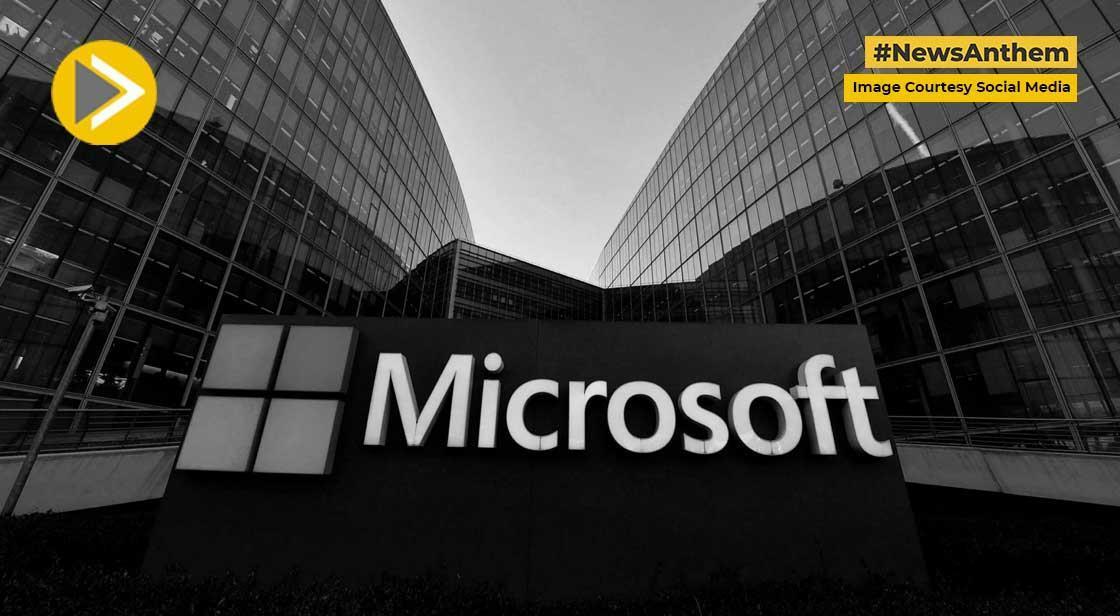Microsoft Shuts Down Skype to Prioritize Teams Platform Integration

News Synopsis
Skype will ring for the last time on Monday (May 5) as Microsoft officially retires the iconic internet calling app after more than 20 years. The move is part of Microsoft’s strategic shift to focus entirely on its communication and collaboration tool, Teams.
"Shutting down Skype will help Microsoft focus on its homegrown Teams service by simplifying its communication offerings," the company announced in February.
A Look Back at Skype’s Legacy
Rise of a Tech Giant
Launched in 2003, Skype revolutionized long-distance communication by introducing free audio and video calls over the internet, severely impacting the landline business. At its peak, it served hundreds of millions of users and was regarded as a global leader in VoIP services.
Why Skype Fell Behind
Despite its strong start, Skype began losing ground to rivals such as Zoom and Slack. The platform’s downfall is largely attributed to its outdated architecture that wasn’t optimized for smartphones — a significant drawback in the mobile-first era.
"The decline was partly because Skype’s underlying technology was not suited for the smartphone era."
The Rise of Microsoft Teams
Business Strategy Shift
With the shift to remote work during the pandemic, Microsoft redirected its focus to Teams, embedding it deeply within the Microsoft Office suite to appeal to enterprise users — once the core base of Skype.
"When the pandemic and work-from-home fuelled the need for online business calls, Microsoft batted for Teams by aggressively integrating it with other Office apps to tap corporate users."
Transition from Skype to Teams
Seamless User Migration
To minimize disruption, Microsoft has assured that Skype users will be able to log into Teams for free using their existing credentials. Importantly, chat histories and contacts will migrate automatically.
"Its users will be able to log into Teams for free on any supported device using their existing credentials, with chats and contacts migrating automatically."
No Job Cuts, Teams User Surge
"Microsoft declined to share the latest user figures for Skype and said there would be no job cuts due to the move. It added that Teams has about 320 million monthly active users."
This pivot highlights Microsoft’s commitment to consolidating its business communication tools under a single, scalable platform.
Skype’s Journey — From $8.5 Billion Deal to Decline
Microsoft acquired Skype in 2011 for $8.5 billion, outbidding Google and Facebook, marking its largest acquisition at the time.
"When Microsoft bought Skype in 2011 for $8.5 billion after outbidding Google and Facebook — its largest deal at the time — the service had around 150 million monthly users."
By 2020, however, its user base had plummeted to approximately 23 million, despite a temporary revival during the pandemic.
Microsoft Not Alone in Messaging Missteps
Microsoft’s winding down of Skype follows similar challenges faced by other tech giants in this space.
"Skype will become the latest in a series of high-flying bets that Microsoft has mishandled, such as the Internet Explorer web browser and its Windows Phone."
Even Google has faced hurdles with multiple messaging apps like Hangouts and Duo, which struggled to gain sustained traction.
Conclusion
The retirement of Skype marks the end of an era in digital communication. For over two decades, Skype connected people globally and pioneered online calling, but evolving technology and rising competition from mobile-optimized platforms made it less viable.
Microsoft’s decision to retire Skype reflects its broader strategic pivot toward a unified collaboration experience under Microsoft Teams, which now boasts 320 million monthly active users.
With seamless migration of user data and free access to Teams, Microsoft aims to ensure a smooth transition for existing Skype users. The move also illustrates how tech giants must continually evolve their offerings to stay relevant in a fast-changing digital landscape.
As Skype joins the ranks of shelved Microsoft projects like Internet Explorer and Windows Phone, it also highlights the company’s increasing focus on business-centric tools. Going forward, Microsoft Teams will carry the legacy of Skype while shaping the future of enterprise communication.
You May Like









